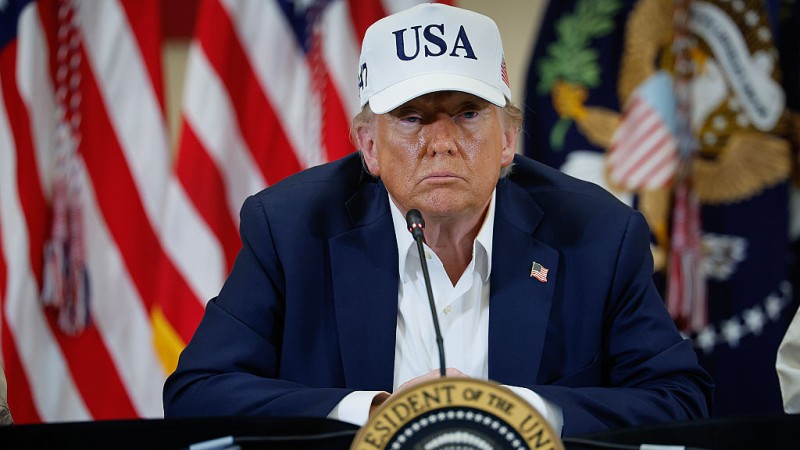
Is Kyiv echoing Orbán’s ‘peace plan’?
Ukrainian Foreign Minister Dmytro Kuleba will travel to Beijing later this week to meet with his Chinese counterpart, Foreign Minister Wang Yi. The trip will be Kuleba’s first visit to China since the invasion of Ukraine, and its purpose is to develop bilateral relations as well as to discuss ways to end the war by reaching a “sustainable and just” settlement with Russia.
“The main topic of the discussion will be the search for ways to stop the Russian aggression and China’s possible role in achieving a sustainable and just peace,” Ukraine’s foreign ministry said in its last-minute press release on Monday, July 22nd. Kuleba’s trip will take place in the following days, between July 23-25th.
Relations between Beijing and Kyiv have deteriorated rapidly following the Russian invasion in February 2022, as both Ukraine and the West have been consistently accusing China of covertly helping the Russian war effort by supplying it with sanctioned “dual-use” items that can be used as military equipment.
Just weeks ago, President Zelensky criticized Beijing again for “sabotaging” his efforts toward ending the war by boycotting the most recent “peace conference” in Switzerland in protest of the fact that Kyiv didn’t invite Moscow.
Nonetheless, it seems Ukraine’s attitudes are slowly changing toward what peace might look like and how to achieve it. Zelensky recently announced that he is now ready to invite representatives of the Kremlin to the next peace summit which would ideally take place before the end of the year. Kuleba’s trip to Beijing, therefore, no doubt serves as a preparation for those later talks as China is seen as possibly the most effective mediator if the Western powers finally decide to view it as a partner in negotiations.
This was also one of the main conclusions of Hungarian Prime Minister Viktor Orbán, who ended his “peace mission” early last week after meeting leaders on both sides of the conflict to gauge what conditions need to be achieved for a possible ceasefire agreement to avoid further unnecessary bloodshed and the future risk of global escalation.
Since then, Orbán has been the subject of constant criticism from Brussels, and EU officials scrambled to find ways to boycott the Council’s current Hungarian presidency and further isolate the Orbán government for what they called an “appeasement mission” to Moscow and Beijing.
Yet, Kyiv appears to be slowly taking steps similar to what Budapest has been recommending all along. PM Orbán’s very first concrete proposal for achieving a ceasefire agreement, as outlined in his 10-point ‘peace plan’ sent to Brussels and all the EU capitals following his mission, was “the initiative to conduct high-level political talks with China on the modalities of the next peace conference.”
Budapest’s other main suggestions were to reopen diplomatic ties with Russia while maintaining the current dialogue with Ukraine and to launch a coordinated political campaign to reclaim the Global South’s “appreciation” that the West has lost due to its position toward the war in Ukraine.
Orbán’s suggestions, however, were only met with criticism from Brussels. European Council President Charles Michel was quick to discard the document before telling Orbán that he has “no role” representing the European Union on the international stage (something that he never claimed to do) and that the EU will stand by Ukraine “as long as it takes” for it to win the war and reclaim its lost territories.
It seems that at least Ukraine is listening. Today Beijing, tomorrow maybe Moscow. Step-by-step towards a “sustainable and just peace.”
EXCLUSIVE: Top Sniper Says Assassination Attempt Was Inside Job By Desperate Deep State




